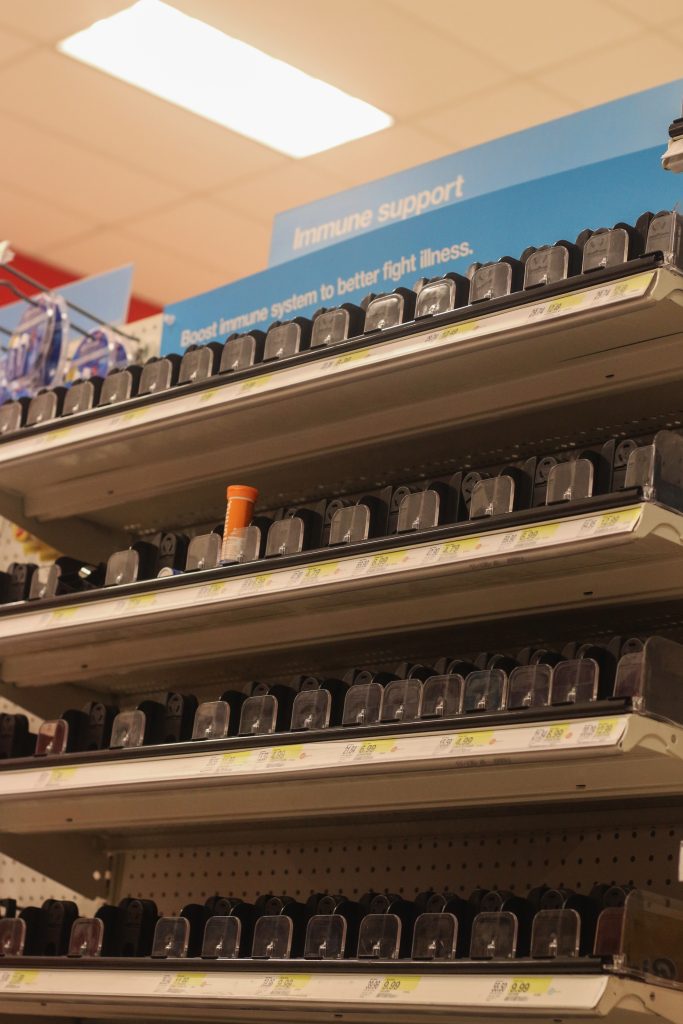
As anxieties concerning the coronavirus (COVID-19) continue to mount, Binghamton University and the greater Binghamton area are preparing for the eventual arrival of the disease to the area.
On March 4, Gov. Andrew Cuomo announced the suspension of SUNY and CUNY study abroad programs in Japan, a country with a Level 2 Travel Health Notice, and China, Italy, Iran and South Korea, all of which are countries that have reported Level 3 warnings. The warning levels are determined by the current number of COVID-19 cases in an area and a country’s risk of an outbreak. The program-wide suspension will see approximately 300 students return to New York state immediately and undergo a 14-day quarantine.
Since then, BU administrators have also begun preparing for the potential of an outbreak. In a statement released to faculty members, Donald Nieman, executive vice president for academic affairs and provost, assured professors and staff that the University is working closely with the Broome County Health Department and BU’s Decker Student Health Services Center staff to monitor coronavirus developments. In the event of a possible outbreak and subsequent interruption to the academic continuity of the University, Nieman has charged James Pitarresi, vice provost for student and faculty development and executive director for the Center for Learning and Teaching, with developing a plan to continue instruction if access to campus becomes limited.
“We have an obligation to our students to help them complete their degrees in a timely manner, and will work to the best of our ability to make that happen,” Nieman wrote.
The University’s current plan includes the use of existing online teaching and learning technologies, including MyCourses and WebEx, to reach students at home.
BU administrators have also released statements urging students to take health precautions, including washing their hands and avoiding class and public areas when ill. Across the SUNY system, schools such as the University at Albany and the University at Buffalo have released similar cautionary statements to their students.
Students like Jack Albertson, a sophomore majoring in computer science, are taking preventive measures to keep themselves healthy. Still, Albertson questions the University’s tactics against COVID-19.
“I’ve been trying to be more sanitary like not touch door handles, washing my hands every time I get back to the dorm, stuff like that,” Albertson said. “I do think that [the University is] being naive, like having everyone come back and just saying ‘Oh, try and be more cautious.’ They’re either going to have to up sanitary requirements or try to prevent group meetings, like students coming together for things.”
Although there are no confirmed cases of the virus in Broome County, the fears surrounding COVID-19 have seeped into the thoughts of residents and students alike. Akiva Grimaldi, a sophomore majoring in chemistry, said she is concerned there may be students returning from the University’s recent break and unknowingly spreading the illness.
“People are going to come back feeling fine, but they may have the virus and then possibly spread it to others,” Grimaldi said. “Not to sound grim, but I think it’s coming here very soon. But I don’t even see what can be done — I don’t think containment is still a possibility. I really don’t. So, I don’t want to say ‘Just let it spread,’ I just don’t know what can be done, so I think they have to wait and see. Personally, as a student, the last thing I want to have is online classes. Obviously, for safety reasons, I’ll do it, but it’s the last thing I want to do.”
Throughout the Binghamton area, local stores have seen their shelves emptied of hand sanitizers and disinfectants. Employees at several stores in the area told Pipe Dream that they don’t have a definite date for when their stock will be replenished because of a national shortage of hand sanitizer. Local stores have also started to see a shortage of hand soap supplies. Online retailers such as Amazon and eBay have faced similar issues, with independent sellers charging hugely inflated prices for hand sanitizers and other supplies.
Rebecca Kaufman, director of the Broome County Health Department, said they are closely monitoring the situation while falling in line with the guidelines set forth by the U.S. Centers for Disease Control and Prevention (CDC) and New York State Department of Health (NYSDOH).
“We are continually receiving updates from [NYSDOH] as new information is released,” Kaufman said in a March 4 public statement. “Staff are well prepared and are experienced in communicable disease surveillance.”
Many students, including Jonah Maryles, a sophomore majoring in art and design, are awaiting more details about the situation.
“I don’t really have a major concern at the moment because I know most people won’t get severe cases and living in an apartment-style complex isn’t so different than anywhere else,” Maryles said. “It will be interesting to see if anything changes in the next two weeks.”
In a statement on the Office of the President’s website, BU President Harvey Stenger wrote that the well-being of the student body is of the utmost concern and that the University’s efforts will aim to make sure they remain safe.
“This is a quickly moving situation and we will be working to provide the campus with the most up-to-date information we can,” Stenger wrote. “[BU] students, faculty and staff are smart and caring. If all members of our community take simple, common-sense precautions, we will protect one another from the worst consequences of this most recent threat to public health and ensure the well-being of everyone.”
The University aims to update the BU student, faculty and staff community on the situation later in the week after a scheduled Faculty Senate meeting on Tuesday, March 10.


